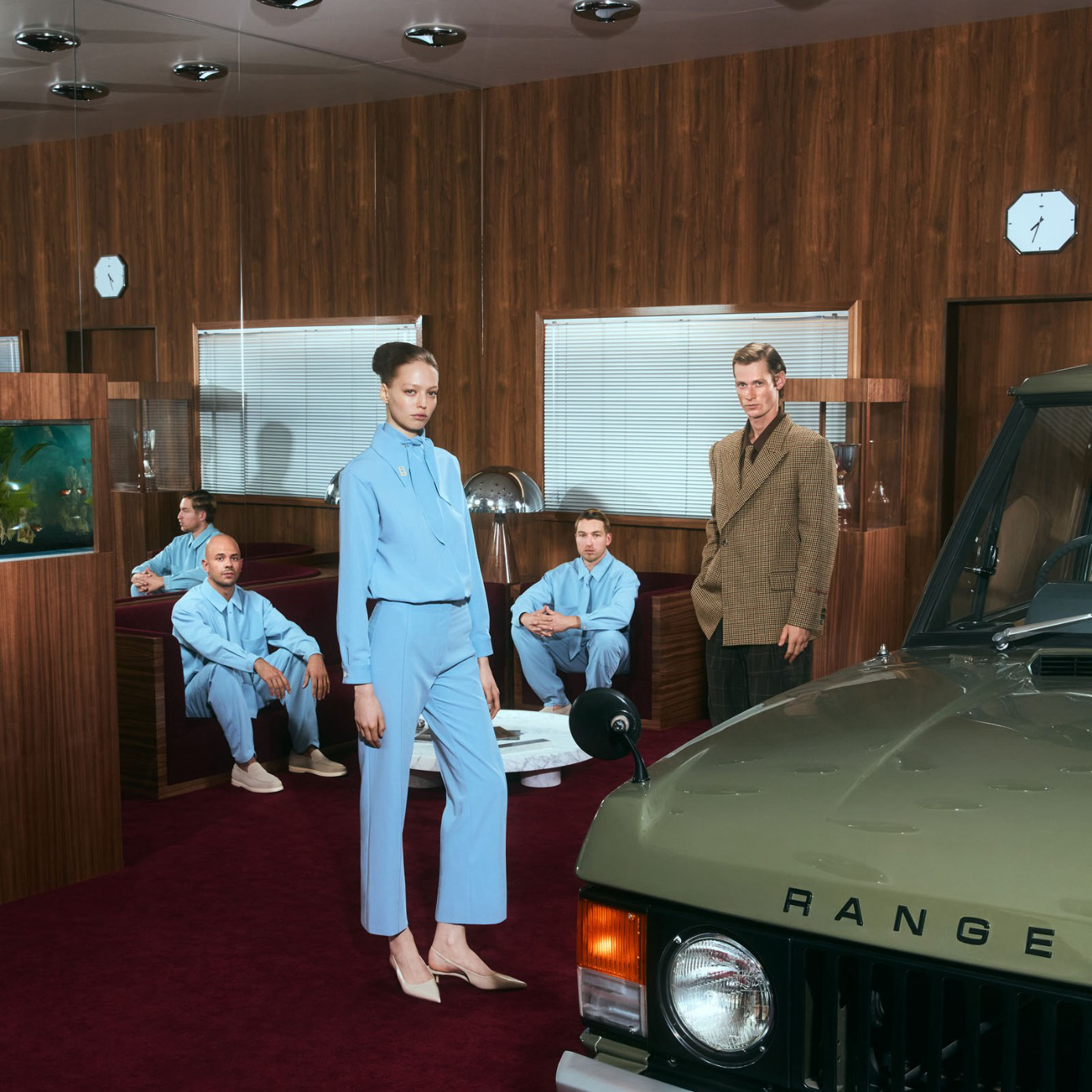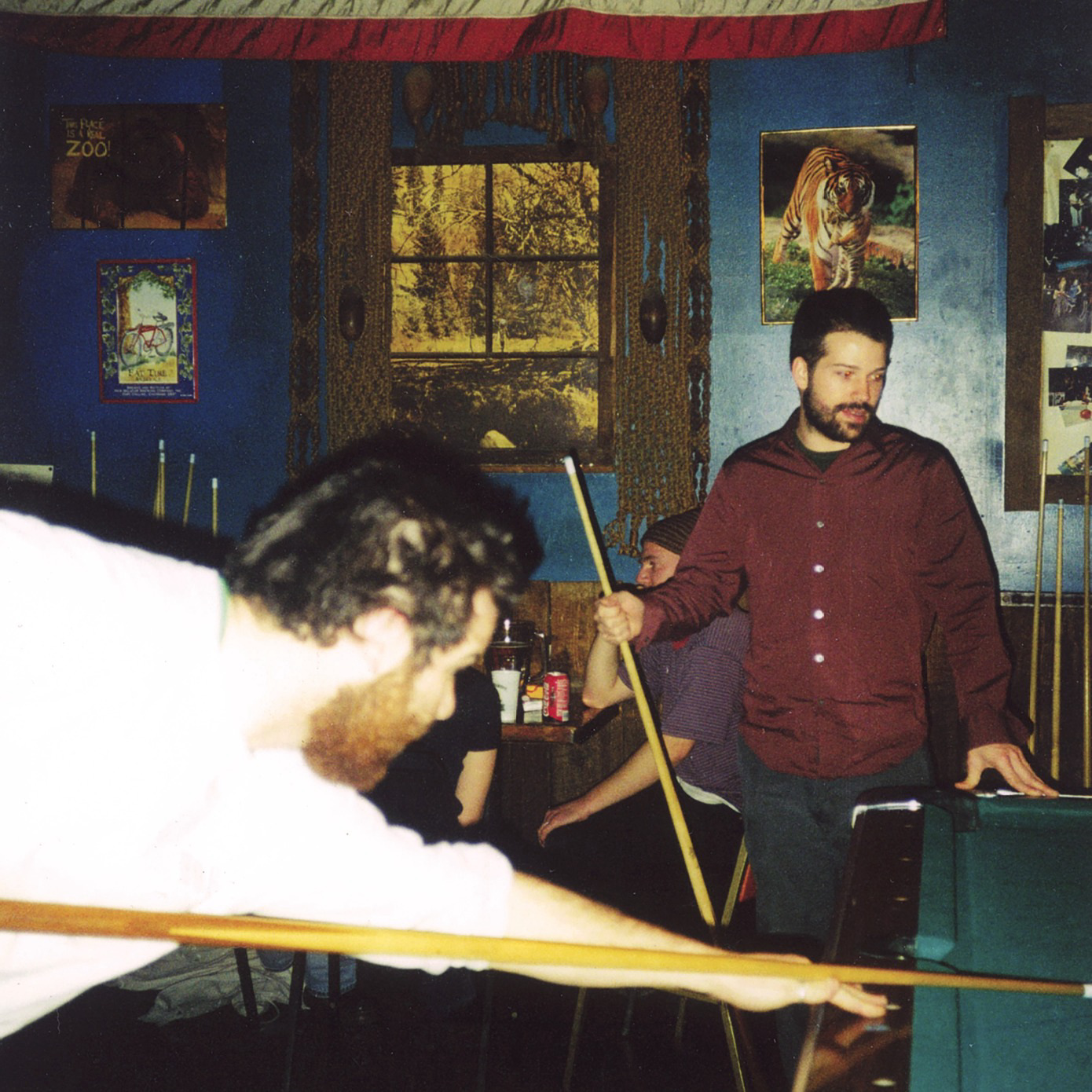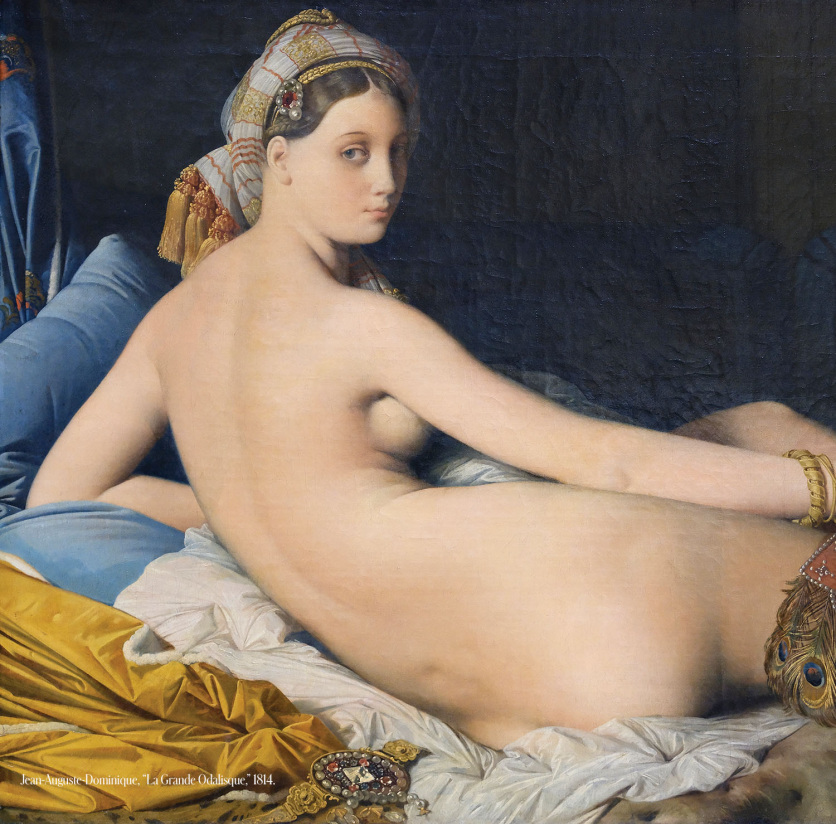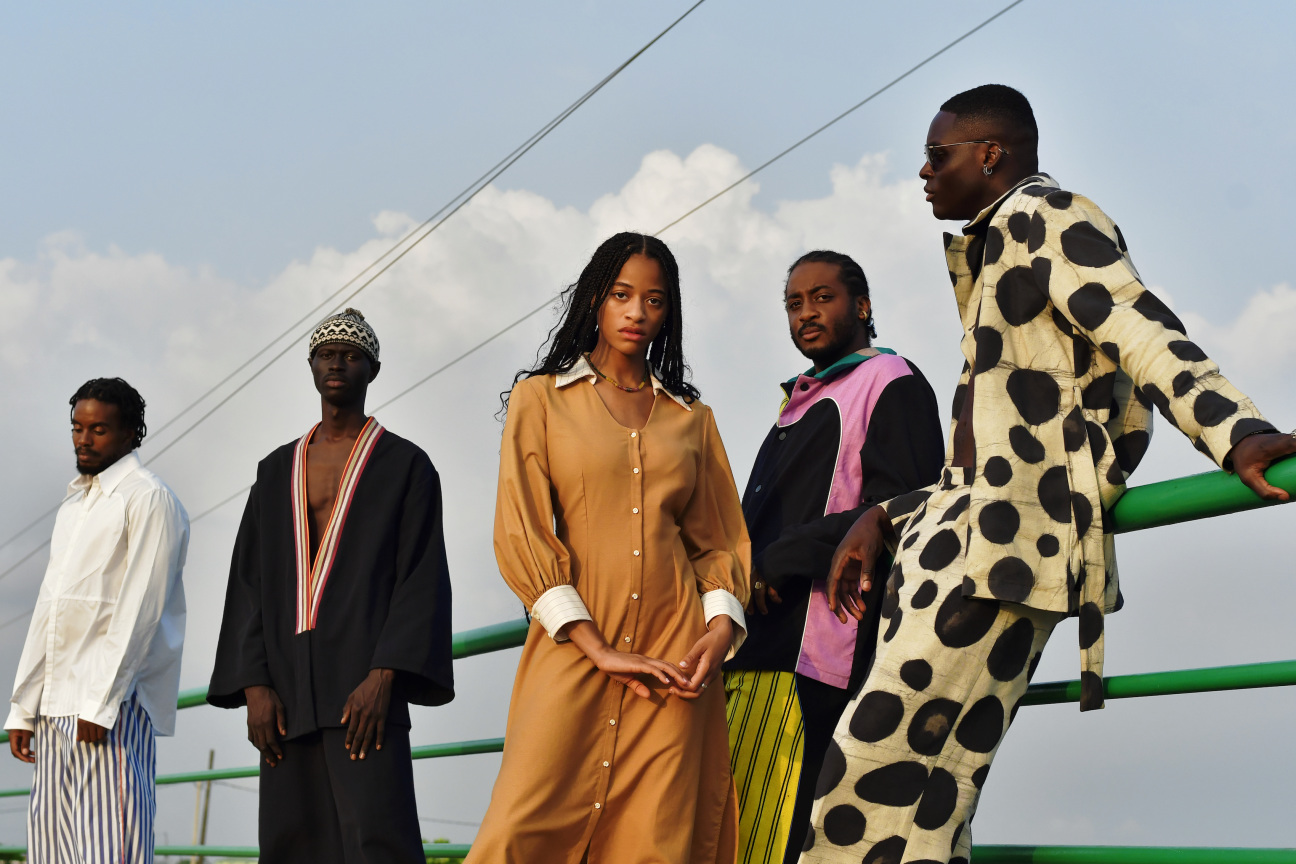
Neither Kilo Kish nor Marcus Leslie Singleton had plans to go to the Ivory Coast, that is until chef Rōze Traore convinced them otherwise. La Fourchette de Rōze, a boutique hotel on the beaches of Grand-Bassam, is Traore’s brainchild, and where Kish and Singleton met for a month-long artist residency.
It was a serendipitous exchange. Los Angeles-based Kish, who has collaborated with the likes of Vince Staples and Gorillaz, is a multidisciplinary singer-songwriter and visual artist. The release of her album American Gurl in 2021 pushed her into the realm of art pop, her desert-set music video for the title track combining crash-landed alien pastiche with video vixen moves. La Fourchette de Rōze tapped Kish as one of its first musicians-in-residence, one of the three who composed the new “Residency Live” program earlier this year.
Singleton, known for his boldly colorful depictions of contemporary Black life, was in prep mode when he traveled to the coast from his home in Brooklyn. The painter was thinking ahead toward a group exhibition at the hotel and opening at V1 Gallery. Despite these pressures, the two found time to dabble in each other’s work, with some experiments more successful than others. “I made terrible beats. ‘Lego World’ beats,” admits Singleton.
For CULTURED, Kish and Singleton take time to reflect on their stay on the Ivory Coast, accidental music videos, and artistic synergy.
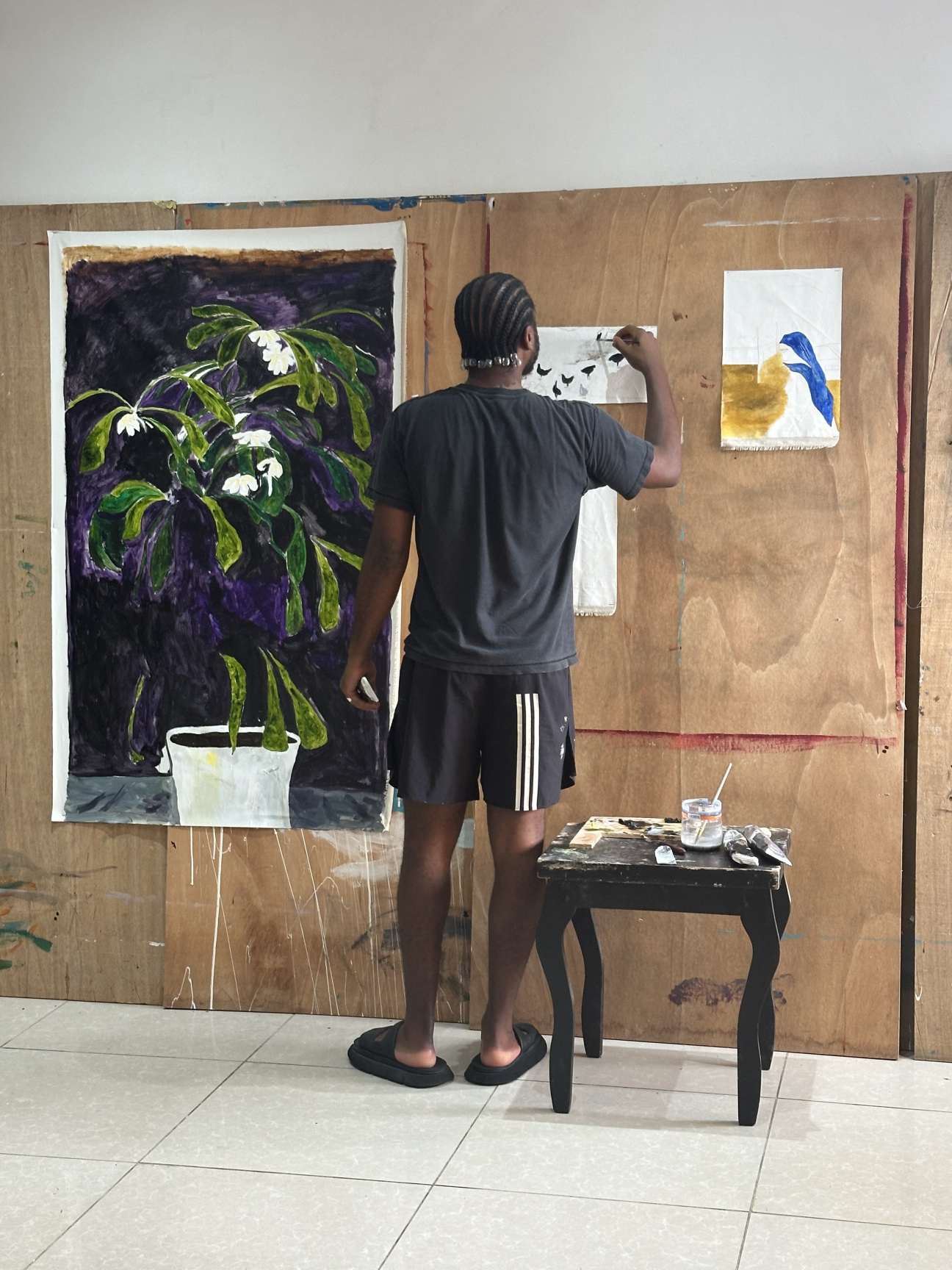
Kilo Kish: I initially saw [this residency] on our friend Brad Ogbonna's page and was like, “What is this? How do I apply?” I was the first person that asked to do music. It was cool to see your practice as a painter, how it can be different from my musical practice. There's so much more time spent actually doing versus time spent thinking.
Marcus Leslie Singleton: Sometimes I'll just think about what to paint; that's 80 percent of the work. When I get around to actually painting, the process is short, maybe a week or two. It's a lot of organizing what I want to put out in the world and why I want to paint it. It definitely does take longer depending on how big or detailed the painting is. It could take upwards of three months to make a piece.
Kish: For a body of work, I totally get that. But one painting versus one song, I'm like, “Oh my God, that would drive me crazy.” We spent a little bit of time painting together in your studio. I remember trying to finish my painting in one hour, but you were taking breaks and stepping away like, “Okay, I'm done right now before I mess this up.”
Singleton: Yeah, but you're a pretty talented painter.
Kish: You hear that CULTURED magazine?
Singleton: Taking breaks there was easy because we were staying in a hotel. You go downstairs, get some hibiscus juice, then back to painting.
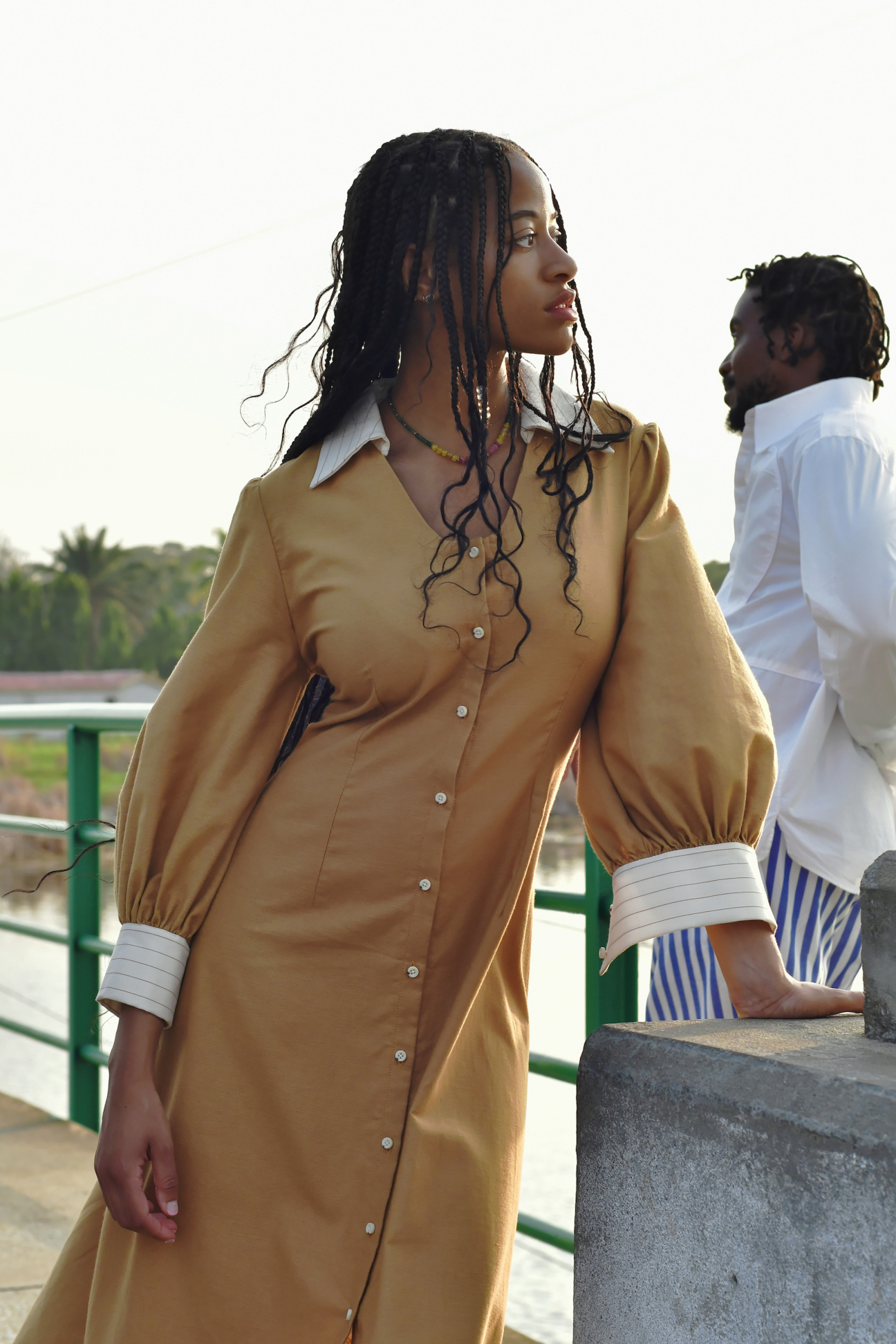
Kish: I felt a completely different vibe around what I was writing. I've made music in cities and the desert, but I've never made music at the beach. How did the atmosphere impact your work?
Singleton: It started to feel like home. I never thought to travel to the Ivory Coast, so this residency gave me the opportunity to experience a new place without preconceived notions. I started picking up on different things that were important to their culture. I could develop some stories of my own. Then the Africa Cup [of Nations] was also happening. Did you know that was happening?
Kish: Rōze mentioned it. Being super American, I didn't realize what a part of everyday those matches would be. I found that really nice to see people gather together, watch this game, and celebrate because they ended up winning. You painted an amazing painting: It's a man watching TV wearing an Ivory Coast jersey having an ice cream. Everything was its own beautiful photograph that you can build a whole story around.
Singleton: Living in Brooklyn, it's not Manhattan fast, but it's fast. Going to the Ivory Coast for a month, you start to realize how people move. It's a shaking experience, being a Black American going to Africa for the first time. Did it feel familiar?
Kish: It’s not what I thought it was going to be. People are like, "Oh my god, you're going to the motherland." I didn't necessarily think, This is my quote, unquote homeland. But I also felt very comfortable and happy.
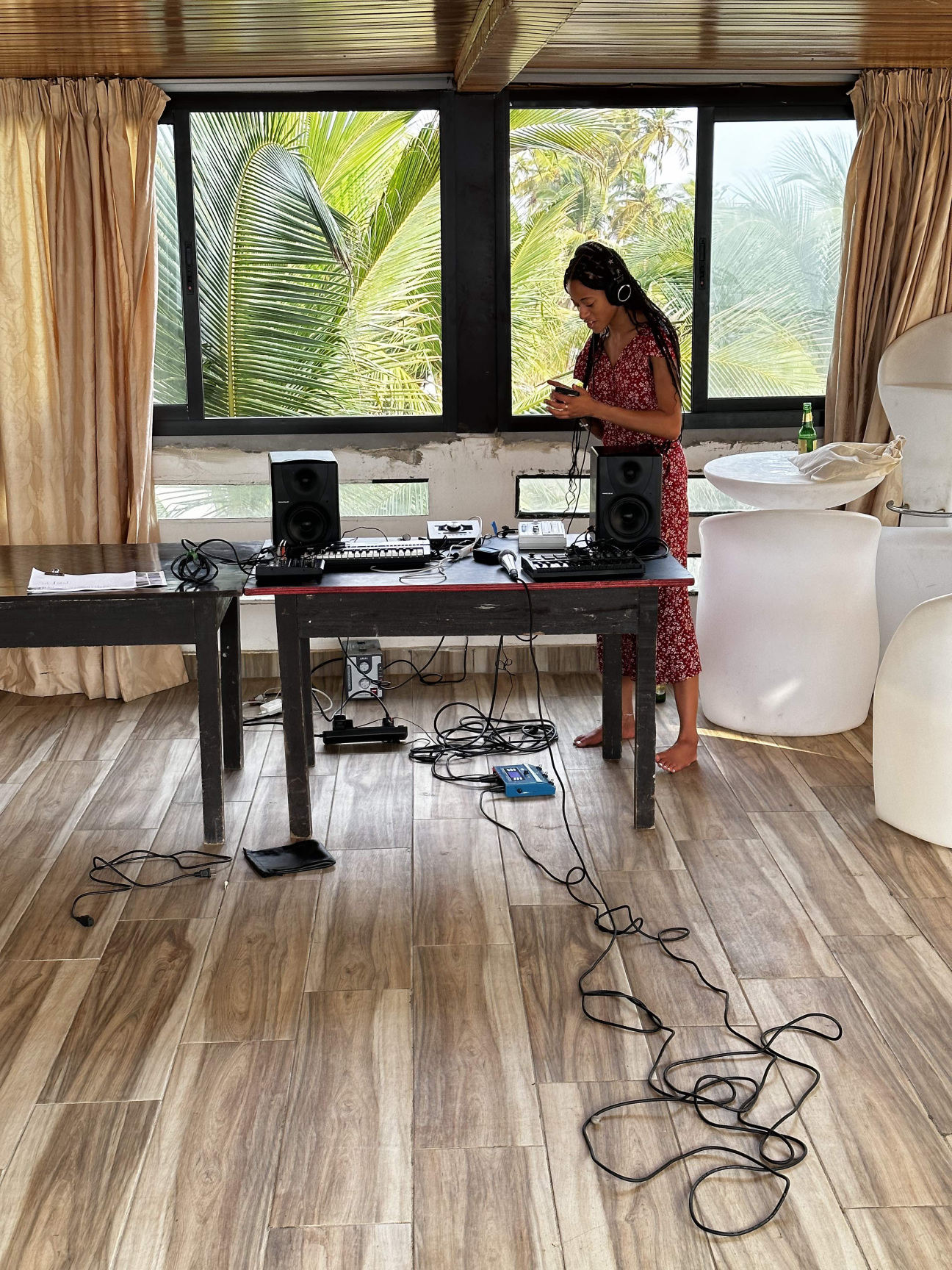
Singleton: I didn't feel like, “Oh, I'm back home,” but I didn't feel like an outsider. People knew we weren't from there even though we're Black. The minute we start talking they're like, "Yeah, I don't know where you're from, but you're not from here."
Kish: Exactly. It's strange. I've never done a residency before. Being in that hotel, I was actually able to take in the place.
Singleton: And also get a sense of the surrounding community. It was nice getting to know other young creatives that were born and raised in that country. It didn't feel cliquey at all. I brought an envelope of money and barely used any because people were just like, "Let's treat you to this." They're not the most wealthy people. They just wanted to offer their hospitality. It got to the point where we're like, “Okay, we need to start paying.”
Kish: What's your favorite memory from the residency?
Singleton: Oh man ... the first Ivory Coast win. I was asleep, and all the sudden, I hear that anthem. Everybody is outside, they're twerking. I go outside in my pajamas, and I'm like, “Did they win the championship?” They were like, "No, it's just a regular win." That celebration continued until 3 a.m.
Kish: I really enjoyed the beach performances at the hotel. It’s an otherworldly place to play. There was so much to look at that I was taking in the moment more than performing for other people. Then seeing not only the people that were invited to the party, but also those collecting along the beach, getting to experience a different kind of music. It was a cool exchange. Seeing Kitty Ca$h's performance the next weekend was really fun, being able to watch other people have the same experience.
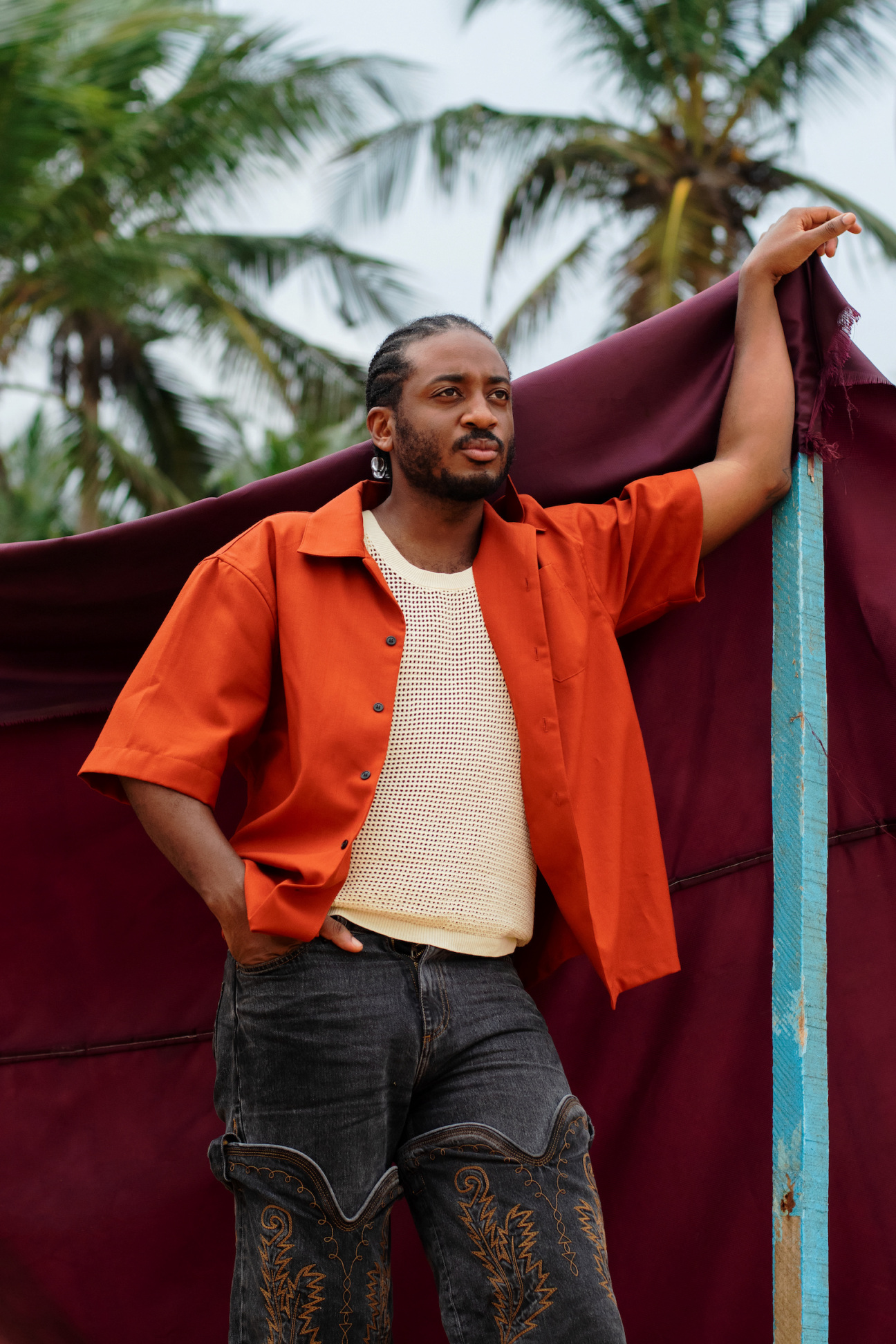
Singleton: Your performance—the sun was setting in a really serene and magical way. Then that white horse. It looked like a music video. That was my first time hearing your music. A few other artists I got to see were really mind- and ear-opening. The residency is special in that way.
Kish: Art can be a little insular, especially if you're a solo artist. You can get into how you do things and be really self-conscious. [It’s nice] to have someone else there to turn off that nagging person in your brain that's like, You need to be doing more, and more, and more.
Singleton: There's also a usefulness in making work outside your main practice. Making beats was an incredible way to use time outside hanging out on the beach. Seeing you manipulate sound and use your voice was really inspiring. All the great artists that do that: Prince, Marvin Gaye, Nina Simone. I admire that way of art-making, because you're also the instrument. You carry that with you everywhere. Can you describe the work you've completed?
Kish: I was working on sketches for new music, not the final lyrics or melodies but that immediate exploration of ideas. That's something I could do in residency because I had limited gear there. I only brought an interface and some keyboards—a 606 broke on the plane. I'm taking those songs and producing them now. You completed a lot of paintings there.
Singleton: It was weird, because we were in such a relaxed mood, it didn't feel like I was working a lot. But as soon as I got off the plane, I started sketching the interior spaces in the hotel. I didn't have my normal setup, which challenged me in the best way to get outside my comfort zone. I did a few rudimentary sketches but also made quite a bit of small work, the landscapes that I was seeing, the chickens.
Kish: I’m excited to see the chickens.


